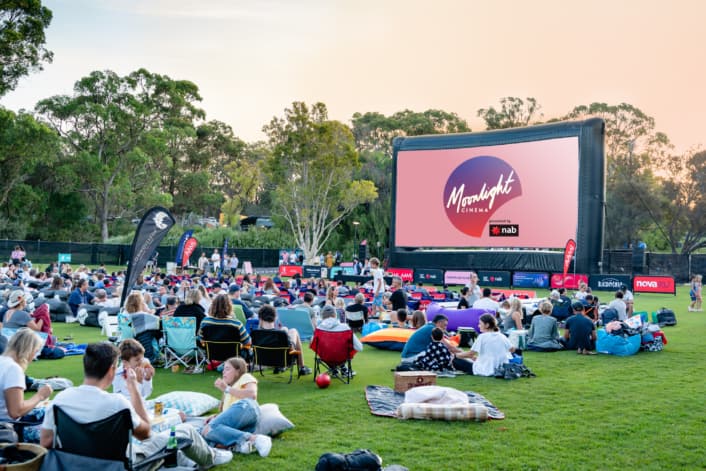Singapore – Global adtech firm Quantcast released its ‘Asia Pacific 2023 Advertising State of Play Report’, which discussed the future of digital advertising, the challenges and opportunities lie ahead for advertisers and agencies, where brands are planning ad spend this financial year, and what barriers stand in the way of programmatic video adoption.
In the report, Quantcast found out that key challenges and barriers were the need to prove return of investment (ROI)/performance and effectiveness, while personalising ads and finding new audiences amidst the global economic downturn.
APAC marketers and agencies identified and are looking to invest in several opportunities including performance-led advertising, business growth, and investing in easy-to-use tools, with programmatic video and search expected to grow significantly in APAC over the next year, particularly as social channels remain critical in countries including Hong Kong, Singapore, Thailand and the Philippines.
With this, data suggests that OTT investment in APAC is expected to grow from US$4.3 billion to US$7.2 billion between 2020 and 2026 – a 67% increase within six years. Linear TV and radio are likely to see the largest decline in media investment, as advertisers lean towards digital experiences.
Preparing for a cookie-less world is also a priority, with nearly 60% of agencies and just under 43% of brand-side marketers naming it as their top priority for FY 23/24, focusing on cookie-less advertising solutions and getting audience insights through first-party data over the next 12 months.
Sonal Patel, vice president of Quantcast, APAC, said, “In the coming months, we’re expecting to see advertisers continually asked to deliver more value, navigate more technological changes, and get on top of changing consumer behaviour to maximise advertising outcomes. To get ahead, APAC marketers will need to seize the opportunities to build their brands now. Businesses that increase advertising activities during downturns can snag market share from more conservative brands.





